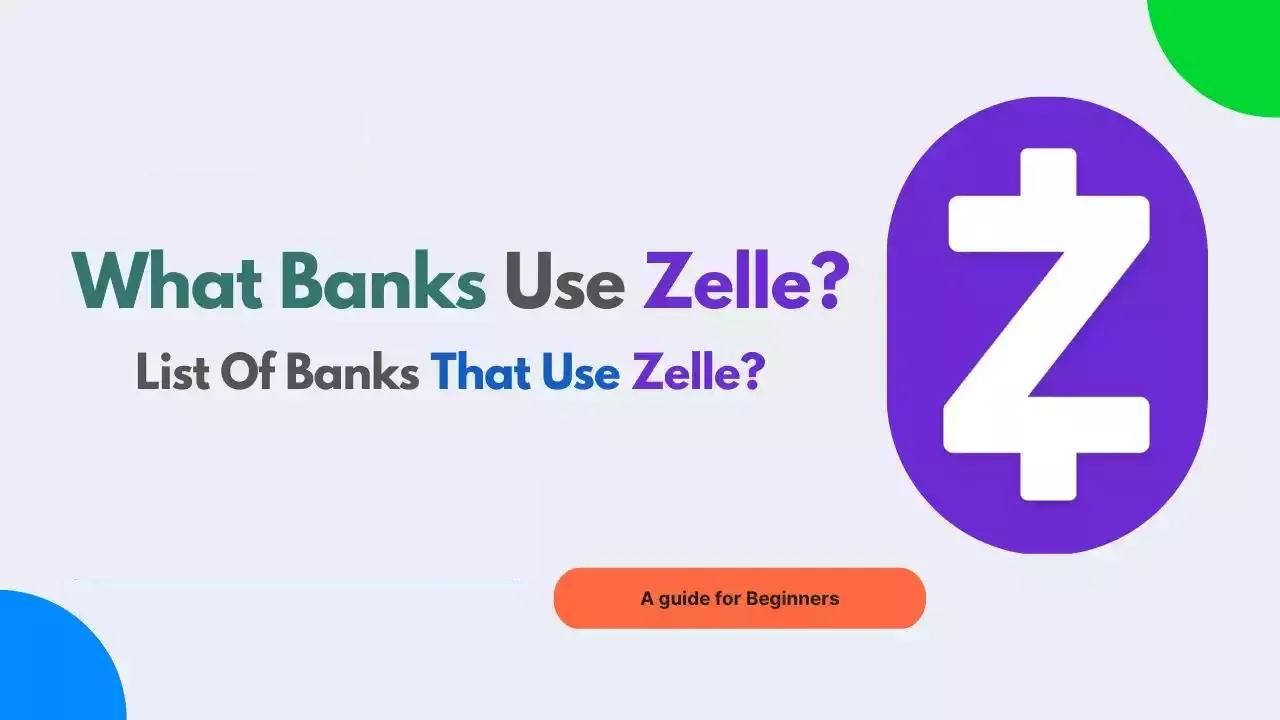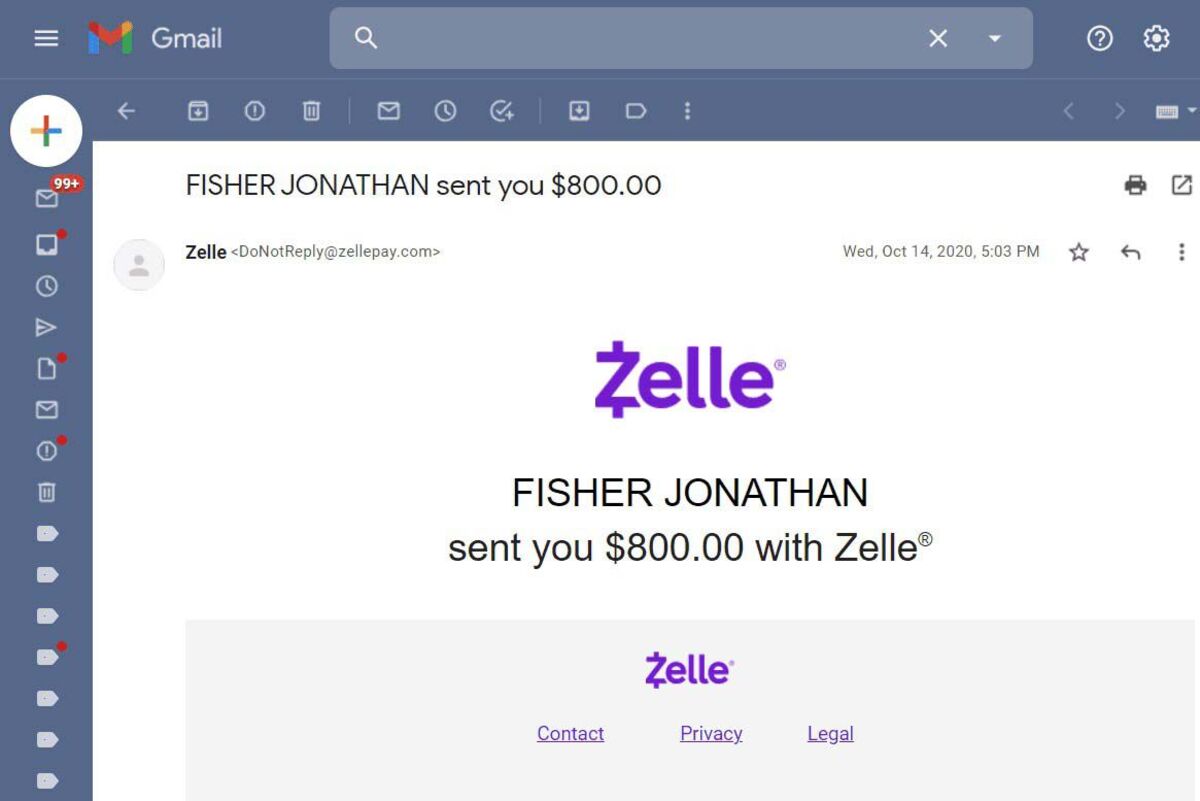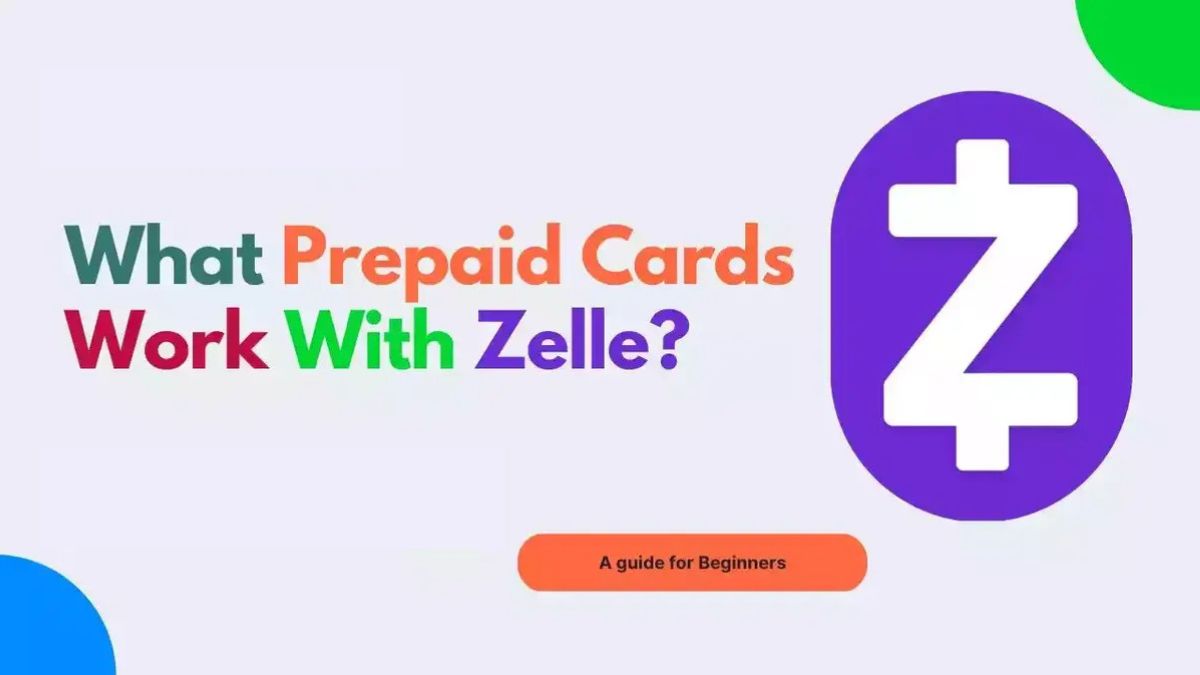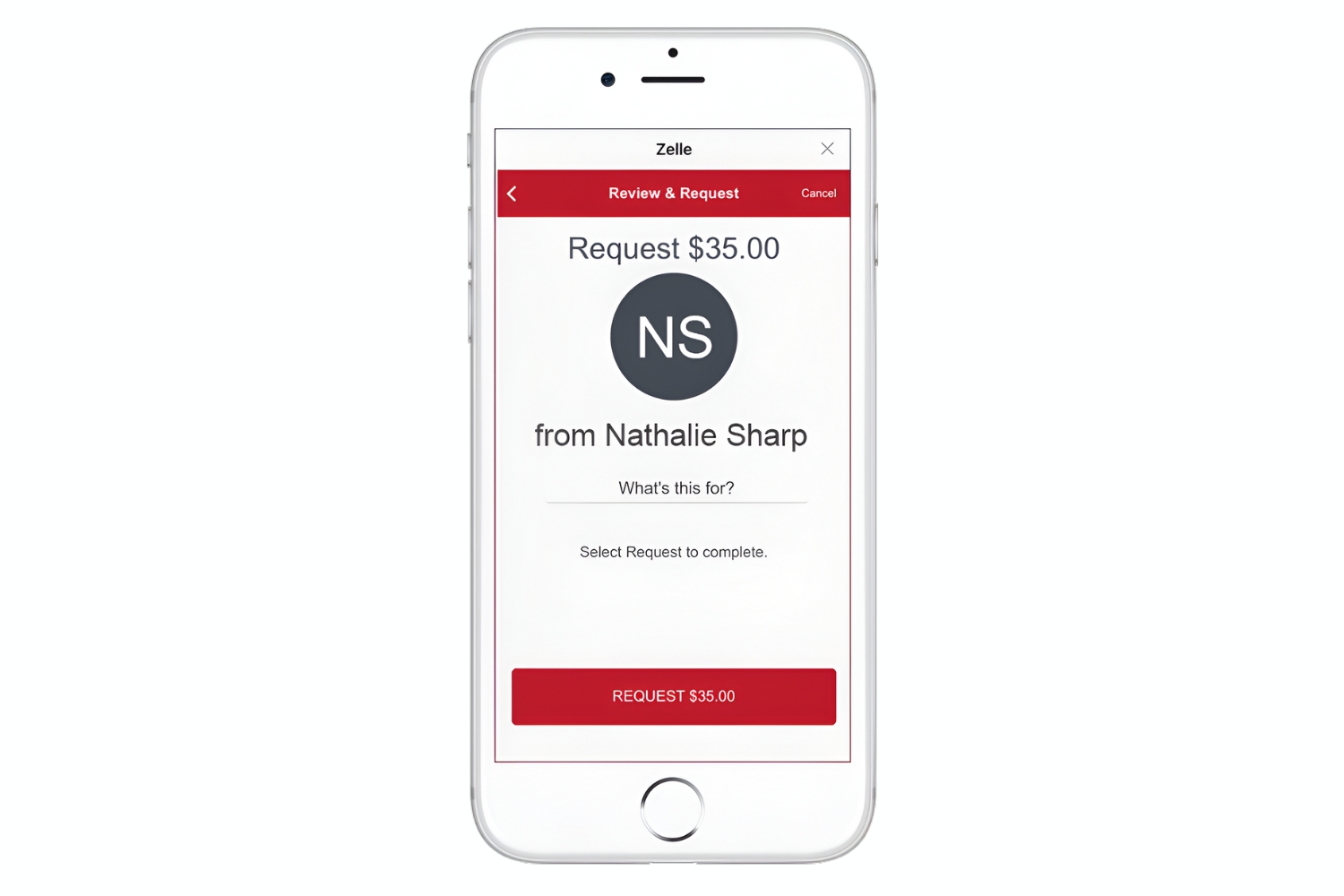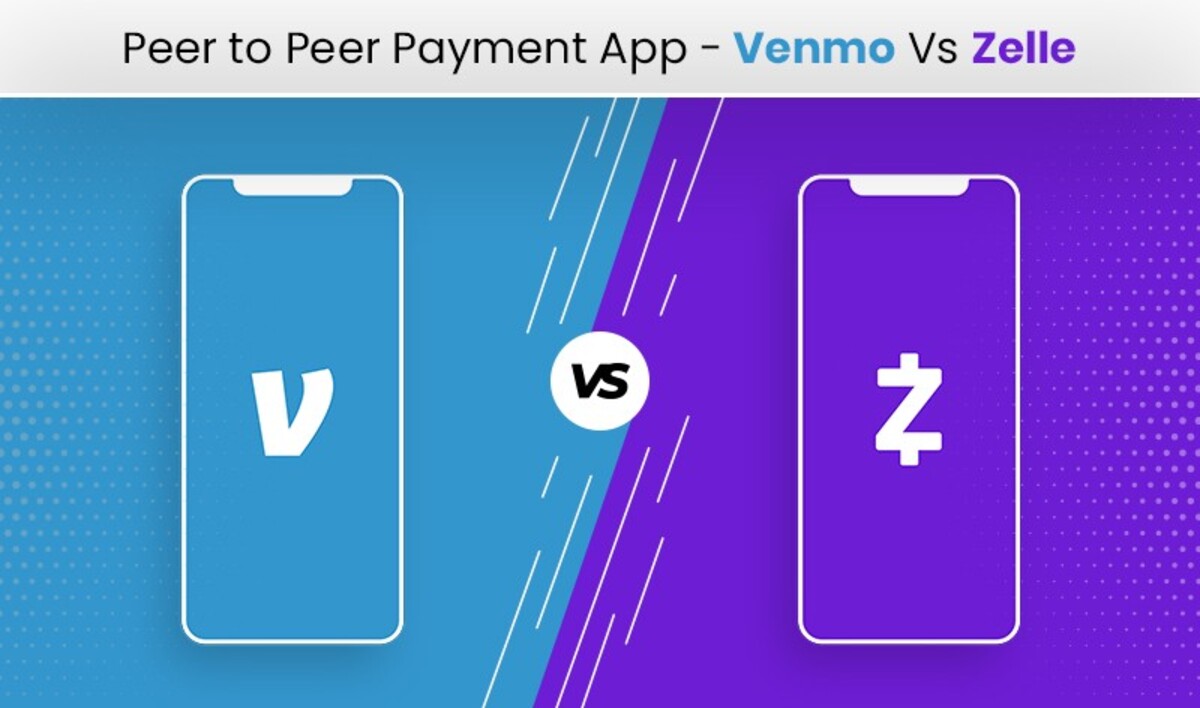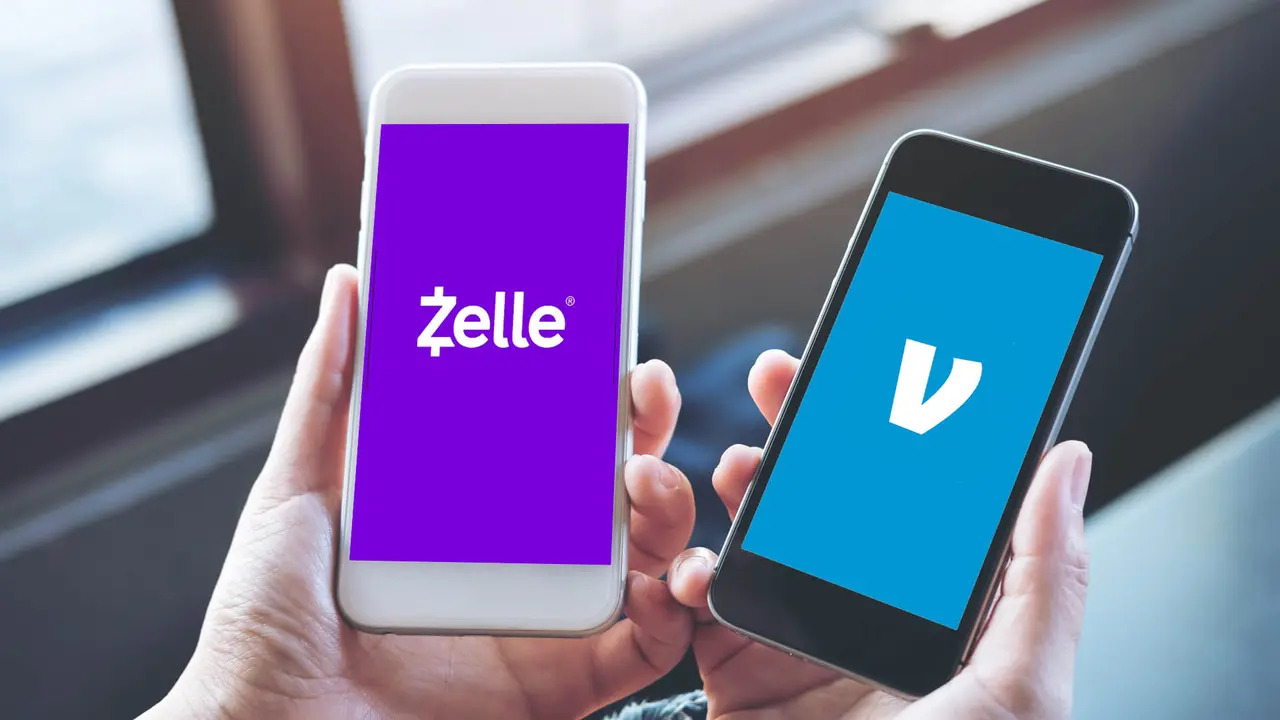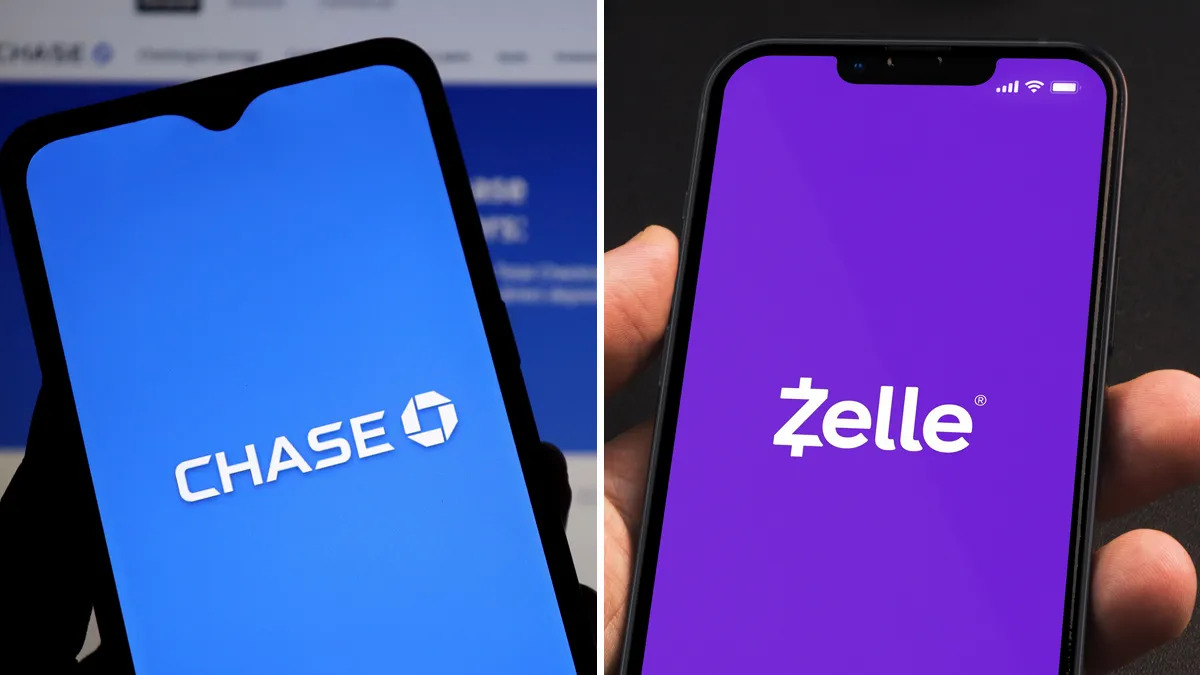Understanding Zelle Transfers
Zelle is a popular digital payment service that allows users to send and receive money electronically. With just a few clicks on a smartphone, you can transfer funds to friends, family, or even businesses. Understanding how Zelle transfers work is essential to ensuring a smooth and efficient money transfer experience.
When you initiate a Zelle transfer, it utilizes the Automated Clearing House (ACH) network to facilitate the transaction. This network connects financial institutions and enables the seamless movement of funds between accounts. Zelle leverages this network to transfer money quickly and securely.
It’s important to note that both the sending and receiving parties must have a bank account linked to Zelle in order to send or receive funds. Additionally, the banks and credit unions you and the recipient are using must participate in the Zelle network. Most major banks and many smaller institutions now offer Zelle as a payment option.
When you send money through Zelle, you typically have two options: instant transfers or next-day transfers. The choice of transfer speed may depend on factors such as your bank, account type, and transaction history.
Factors Affecting Transfer Speed
Several factors can influence the speed of a Zelle transfer. While Zelle strives to provide fast and efficient money transfers, it’s important to be aware of these factors to manage your expectations:
1. Participating Banks: The participating banks or credit unions from the sender and recipient can affect the transfer speed. Some financial institutions may have faster processing times, resulting in quicker transfers, while others may take longer to process transactions.
2. Transaction Verification: Zelle transfers may be subject to transaction verification by the sending and receiving banks. This process ensures the security and legitimacy of the transaction but can add additional time to the transfer. Certain transactions, such as large transfers or transfers to new recipients, may undergo further verification and take longer to complete.
3. Network Congestion: During peak times or high-volume periods, there may be network congestion within the ACH network, leading to delays in Zelle transfers. This is similar to experiencing heavy traffic on the road, which can slow down the flow of funds between accounts.
4. Weekend or Holiday Transfers: Transfers initiated during weekends or holidays may experience delays. Banks typically follow business days for processing transactions, so transfers made on these non-business days may be processed on the next business day.
5. Technical Issues: In rare cases, technical issues with the Zelle platform or the participating banks’ systems may cause delays in transfer processing. These issues can be temporary and are usually resolved promptly, but they can impact the speed of your transfer.
While Zelle strives to provide fast transfers, the actual transfer speed can vary depending on these factors. It’s important to keep these considerations in mind and plan accordingly, especially if you have time-sensitive transactions.
Instant Transfers with Zelle
Zelle offers the option for instant transfers, allowing users to send and receive money within minutes. Instant transfers are a convenient feature that can provide quick access to funds. However, it’s important to note that not all banks offer this service, and certain criteria must be met to qualify for instant transfers.
To be eligible for instant transfers with Zelle, both the sender and recipient must have accounts at participating banks or credit unions that support this feature. Additionally, the sender’s account must have sufficient funds to cover the transfer amount.
With instant transfers, the recipient can receive the funds almost immediately, providing them with quick access to the money. This can be especially beneficial in time-sensitive situations where immediate payment is required.
It’s worth mentioning that instant transfers may come with certain limitations. Financial institutions may impose transaction limits or fees for instant transfers, so it’s important to check with your bank to understand any restrictions or costs associated with this service.
Furthermore, it’s essential to ensure that the recipient’s information, such as their email address or phone number, is accurate and up to date. Any errors or outdated information can potentially cause delays or failed transfers.
If you’re looking for a seamless and fast money transfer experience, consider opting for instant transfers with Zelle. Just make sure you meet the eligibility requirements and understand any applicable fees or limitations set by your bank.
Next-Day Transfers with Zelle
Next-day transfers are another option available with Zelle, allowing users to transfer funds that will be available in the recipient’s account on the following business day. This transfer speed is a convenient choice when immediate access to funds is not necessary.
To initiate a next-day transfer, both the sender and recipient must have accounts at participating banks or credit unions. It’s important to note that not all financial institutions offer next-day transfers, so it’s advisable to check with your bank to ensure this service is available.
Next-day transfers provide a reliable and secure way to send money, even if the transfer may not be as instantaneous as the instant transfer option. If you have flexibility in when the recipient needs access to the funds, this transfer speed can be a convenient and cost-effective option.
It’s worth mentioning that next-day transfers are generally free of charge, making it an attractive choice for individuals who want to avoid any additional fees associated with instant transfers. However, as with any financial transaction, it’s advisable to review your bank’s terms and conditions to understand any potential fees or limitations that may apply.
It’s important to keep in mind that weekends and holidays may impact the timing of next-day transfers. Transfers initiated on non-business days are typically processed on the following business day, providing the recipient with access to the funds at that time.
If you have a transfer that doesn’t require immediate availability of funds, next-day transfers with Zelle can be a reliable and efficient option. It offers a convenient balance between speed and cost, ensuring that your funds reach the intended recipient in a timely manner.
Potential Delays in Zelle Transfers
While Zelle is designed to provide fast and reliable money transfers, there are some potential factors that can cause delays in the transfer process. It’s important to be aware of these possible delays to manage your expectations when using the Zelle service.
1. Verification Process: In some cases, the Zelle platform or the participating banks may require additional verification for certain transactions. This verification process, which aims to ensure the security and legitimacy of the transfer, may add extra time to the transaction.
2. Network Congestion: During peak periods or high-volume times, there may be congestion within the ACH network, which can slow down the movement of funds. Similar to experiencing heavy traffic on the road, network congestion can cause delays in Zelle transfers.
3. Weekend or Holiday Transfers: Transfers initiated during weekends or holidays may experience delays. Banks typically follow business days for processing transactions, so transfers made on non-business days may be processed on the next available business day.
4. Technical Issues: While rare, technical issues can arise with the Zelle platform or the participating banks’ systems. These issues may temporarily impact the efficiency of transfer processing, causing unexpected delays. However, such issues are usually promptly resolved.
5. Recipient Account Status: Delays in Zelle transfers can also occur if the recipient’s account has certain restrictions or is currently inactive. In such cases, the recipient’s bank may require additional steps to validate or reactivate the account, which could prolong the transfer time.
It’s important to keep in mind that while Zelle strives for fast transfers, the actual transfer speed can vary depending on these potential delays. It’s advisable to allow for some extra time, especially for time-sensitive transactions, and to plan accordingly.
If you encounter significant delays or have concerns about a particular transfer, it is always best to contact your bank or financial institution for further assistance and clarification.
Tips to Expedite Zelle Transfers
If you are looking to speed up your Zelle transfers and ensure a smooth and efficient process, here are some tips to consider:
1. Ensure Accurate Recipient Information: Double-check the email address or phone number of the recipient before initiating the transfer. Any errors can cause delays or even result in the funds being sent to the wrong person.
2. Use Instant Transfers: If the funds need to be available immediately, consider opting for instant transfers if your bank offers this option. This can provide almost instant access to money for the recipient.
3. Check Transfer Limits: Be aware of any transfer limits set by your bank. If you need to send a large sum of money, it may require additional verification or multiple transactions, which can take longer to process. Plan accordingly and contact your bank if you anticipate exceeding the stated limits.
4. Transact During Business Days: To minimize delays, initiate Zelle transfers during regular business days. Transfers made during weekends or holidays could be processed on the next available business day, potentially causing a delay in the recipient receiving the funds.
5. Maintain Sufficient Account Balance: Ensure that your account has sufficient funds to cover the transfer amount. Insufficient balance may result in a failed transfer or additional delays due to verification and reconciliation processes.
6. Keep Communication Channels Open: Stay in contact with the recipient and provide them with any necessary information or updates regarding the transfer. If there are any issues or concerns, prompt communication can help address them quickly and avoid unnecessary delays.
7. Stay Informed: Regularly check for any updates or announcements from your bank regarding Zelle transfers. Banks may introduce new features or improvements to enhance the speed and efficiency of the service.
By following these tips, you can maximize the efficiency of your Zelle transfers and reduce the chances of experiencing delays. However, it’s important to remember that some factors, such as network congestion or recipient bank policies, may still contribute to transfer times beyond your control.
Frequently Asked Questions about Zelle Transfer Speed
Here are some commonly asked questions about the speed of Zelle transfers:
1. How long does it take for a Zelle transfer to go through?
The time it takes for a Zelle transfer to go through can vary. Instant transfers can happen within minutes, while next-day transfers typically take one business day. However, certain factors such as verification processes, network congestion, or non-business days may cause additional delays.
2. Why is my Zelle transfer taking longer than usual?
There can be several reasons why your Zelle transfer is taking longer than expected. Factors such as network congestion, verification processes, or transfers initiated on non-business days can contribute to delays. It’s recommended to allow for some extra time and contact your bank if you have concerns about the delay.
3. Do all banks offer instant transfers with Zelle?
No, not all banks offer instant transfers with Zelle. It’s important to check with your bank to see if they provide this service. Some banks may only offer next-day transfers as an option.
4. Are there any fees associated with instant transfers?
While Zelle itself does not charge fees for instant transfers, your bank may have its own fee structure. It’s advisable to review your bank’s terms and conditions or contact them directly to understand any fees associated with instant transfers.
5. Can I expedite a Zelle transfer in case of an emergency?
While Zelle transfers are generally quick, they may not be suitable for immediate emergencies. It’s recommended to have alternative methods of accessing funds in case of urgent situations where time is critical.
6. What happens if I exceed the transfer limits?
If you exceed the transfer limits set by your bank, you may need to split the transfer into smaller amounts or undergo additional verification processes. This can potentially add time to the overall transfer process.
Remember, the speed of Zelle transfers can vary depending on various factors. It’s always a good idea to reach out to your bank or financial institution if you have specific questions or concerns about the timing of your Zelle transfers.
Conclusion
Zelle transfers offer a convenient way to send and receive money digitally. While the speed of Zelle transfers can vary depending on factors such as participating banks, network congestion, and verification processes, understanding how Zelle works can help you have a more seamless experience.
By choosing between instant or next-day transfers based on your needs, ensuring accurate recipient information, and staying informed about any fees or limitations, you can expedite your Zelle transfers. However, it’s important to keep in mind that delays can still occur, especially during peak times or on non-business days.
Remember to communicate with the recipient, maintain sufficient account balance, and transact during regular business days to minimize any potential delays. It’s also essential to stay up to date with any updates or announcements from your bank regarding Zelle transfers.
Overall, Zelle is a reliable and efficient way to transfer money electronically. While transfer speed can vary, Zelle continues to enhance its service to provide faster and more seamless transactions for its users. If you encounter significant delays or have concerns about a specific transfer, it’s always advisable to reach out to your bank or financial institution for further assistance.









